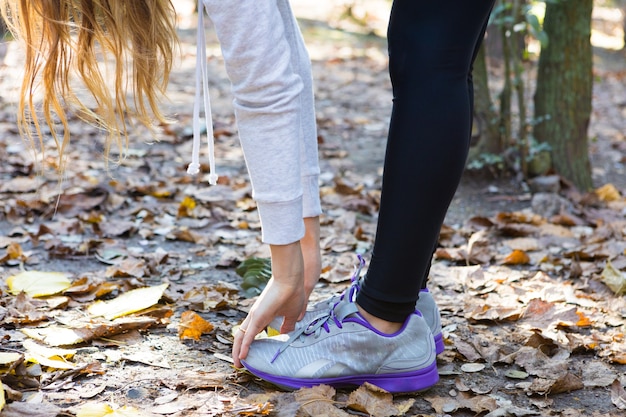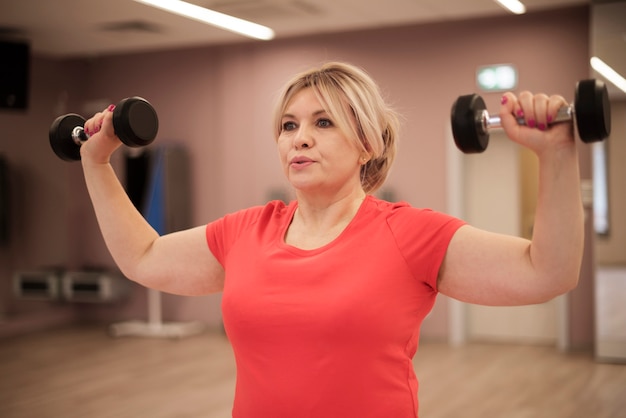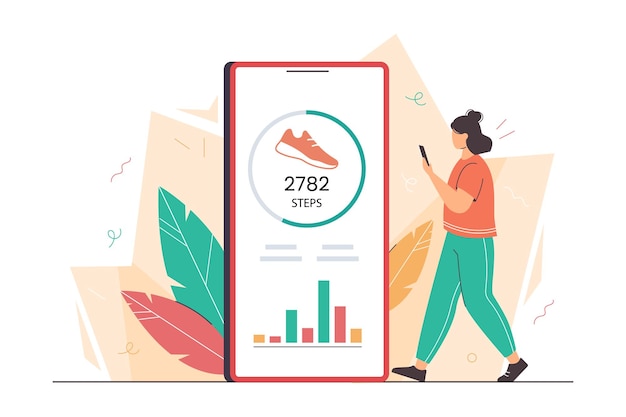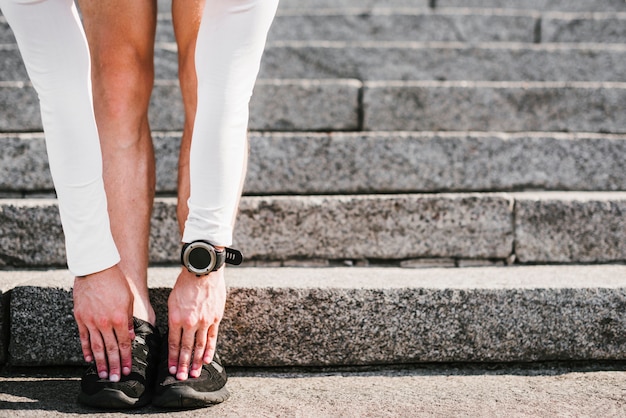Walking is one of the simplest, most accessible forms of physical activity. Yet, millions of people struggle to hit their daily step goals—not because they lack motivation, but because small, unnoticed habits are quietly sabotaging their progress.
From poor footwear to misaligned routines, these subtle mistakes can add up, making it harder to stay active and see results. The good news? With short routines, simple habit swaps, and evidence-based strategies, you can overcome these barriers and finally boost your daily step count.
Research shows that consistent walking improves cardiovascular health, supports weight management, and enhances mental well-being. However, simply owning a pedometer or fitness tracker isn’t enough. Many people fall into common traps that reduce walking efficiency, motivation, and consistency.
Let’s uncover 21 of the most common mistakes—and how to fix them.
Unsupportive or worn-out footwear reduces comfort and increases fatigue. This leads to shorter walks and fewer steps. Choose shoes with proper arch support and cushioning designed for walking.

Walking with a hunched back or forward head position reduces lung capacity and walking efficiency. Stand tall, engage your core, and keep your gaze forward to move more efficiently.
Mornings set the tone for activity. Skipping early movement reduces overall step accumulation. Try a 5-minute walk after waking to kickstart your day.
Waiting for time to do 30-minute walks often leads to missed opportunities. Break activity into 5–10 minute bursts throughout the day—they add up fast.
Vacuuming, gardening, or washing the car all count. Recognize these as valid movement and track them to boost motivation.
Phones in pockets can miscount steps. Wear your tracker on your wrist or clip it to your belt for better accuracy.
Jumping from 3,000 to 10,000 steps overnight is unrealistic. Increase by 500–1,000 steps weekly to build sustainable habits.
Variety prevents plateaus. Mix in brisk intervals to increase intensity and step efficiency.
Driving to the mailbox or nearby store? Replace short drives with walks. These micro-walks add hundreds of steps daily.
Inconsistent tracking leads to inaccurate data. Use a reliable device and sync it daily to stay accountable.
Bad weather or time constraints shouldn’t stop you. Have a backup indoor routine—treadmill, hallway laps, or step-ups.

Walking with others increases accountability and enjoyment. Schedule weekly walks with friends or family.
Set hourly movement alerts. A quick 2-minute walk every hour can add 1,000+ steps by day’s end.
Not all steps are equal. Slow shuffling burns fewer calories. Aim for purposeful, brisk movement to maximize benefits.
Soreness or fatigue can deter walking. Prioritize rest, hydration, and stretching to stay consistent.
Steps are part of a bigger picture. Combine walking with healthy eating and sleep for lasting results.
Choosing elevators over stairs reduces step count. Make a habit of taking the stairs whenever possible.
Park farther away, get off transit early, or walk part of your commute. These small changes boost daily activity.
Scrolling while walking reduces pace and awareness. Leave your phone behind or use it only for music or podcasts.
Unsafe sidewalks or lack of walkable areas can hinder progress. Advocate for community improvements or find safe indoor alternatives.
Missing milestones can be discouraging. Celebrate hitting 5,000 or 7,000 steps—progress is progress.
Start with one or two habit changes. Try:
These small routines, backed by behavioral science, create lasting change. Studies show that habit stacking—linking new behaviors to existing ones—increases adherence.
Increasing your step count doesn’t require drastic changes. By identifying and correcting these 21 common mistakes, you can walk smarter, not harder. Focus on consistency, accuracy, and enjoyment to build a sustainable, active lifestyle.
Start today—your next step could be the one that changes everything.

Fitness

Fitness

Fitness

Fitness

Fitness

Fitness

Fitness

Fitness

Fitness

Wellness

Fitness

Fitness

Health

Fitness

Health

Health